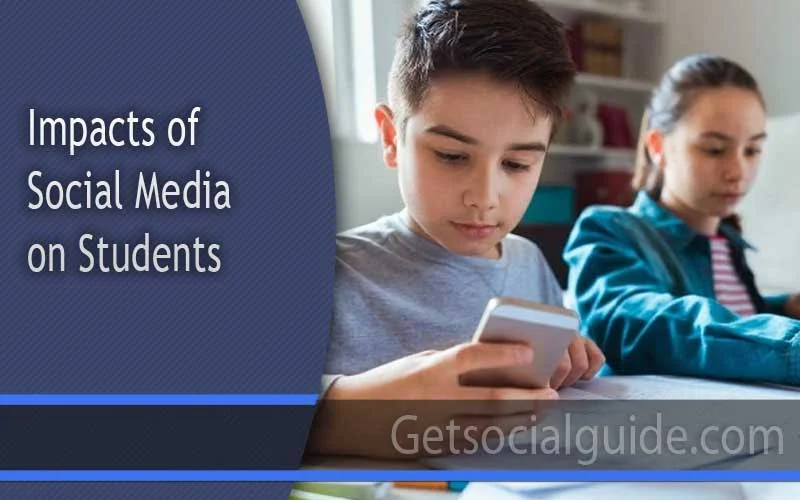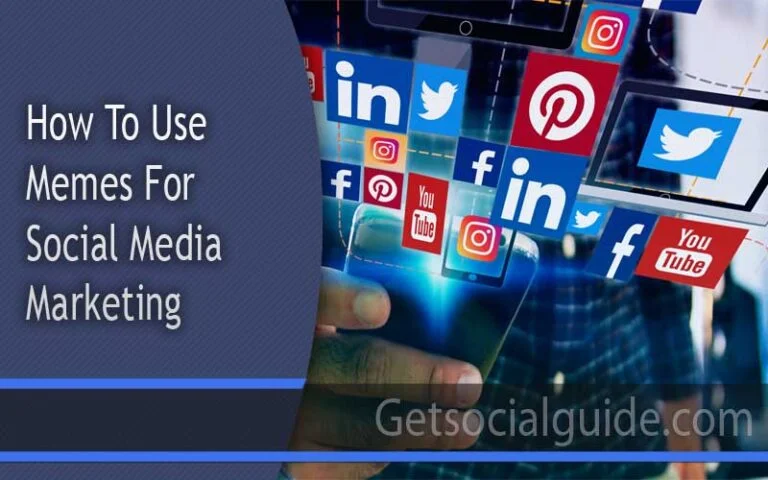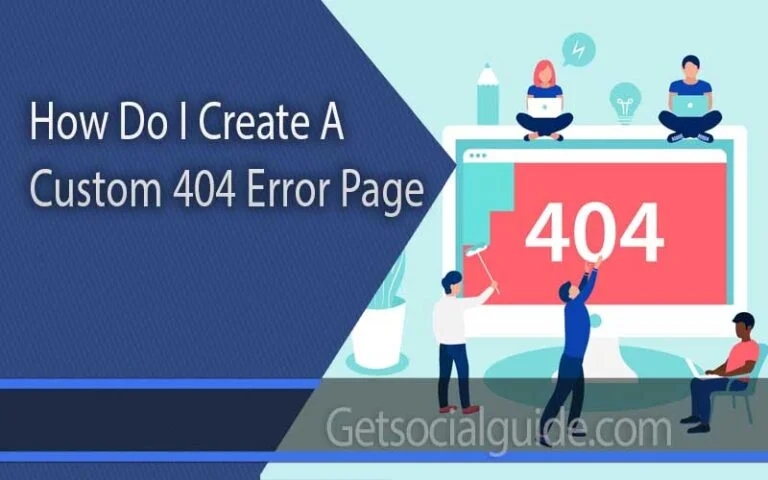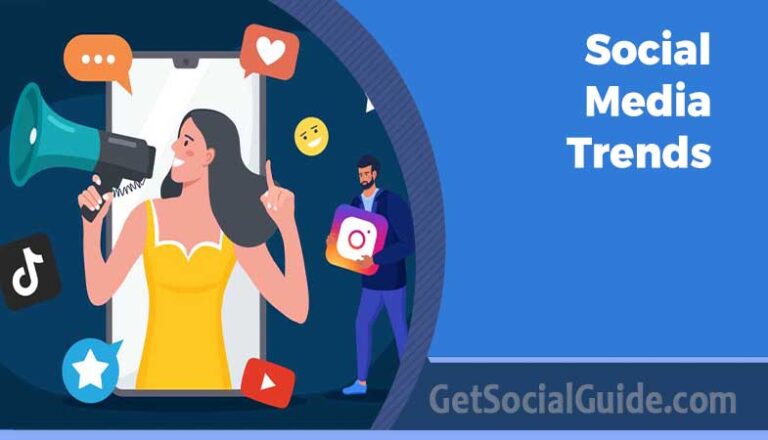The most significant impacts of social media on the academic performance of students and how it is likely to affect your life and learning during your academic life.
The advent of social media has transformed the world, revolutionizing how we connect, communicate, and access information. Today, social media platforms such as Facebook, Instagram, Twitter, and Snapchat are part of our daily lives, providing constant updates, news, and entertainment. While social media has brought many benefits, including the ability to connect with people across the globe, there is growing concern about its impact on student’s academic performance.
With the rise of social media, educators, parents, and researchers have expressed concerns that excessive use could distract students from their studies, negatively affect their cognitive abilities, and hinder their academic achievement. Many studies have investigated the impact of social media on students’ academic performance, with some suggesting that excessive social media use could lead to poor grades, reduced attention span, and diminished reading comprehension.
Given the significant impact that social media can have on students’ academic performance, it is essential to examine the issue in more detail and explore ways to mitigate its adverse effects. This essay will provide a detailed analysis of the impact of social media on students’ academic performance, highlighting the potential benefits and drawbacks of social media use. Students who have difficulty writing and formatting their academic papers can always seek help from reputable custom writing companies like Peachy Essay.

Distraction
Social media can be a major distraction for students, making it difficult for them to concentrate on their studies. The constant notifications, updates, and messages can be a significant source of interruption, leading to a lack of focus and reduced productivity. Additionally, the temptation to check social media during study breaks can lead to decreased productivity, as students may struggle to refocus on their studies after being distracted by social media.
Reduced Study Time
Many students spend significant time on social media, which can reduce their study time. Instead of focusing on their studies, students may spend hours scrolling through their feeds, watching videos, or chatting with friends. This can lead to poor time management and a lack of prioritization, as students may prioritize social media over their academic work.
Procrastination
Social media can also contribute to procrastination, with students putting off their assignments or studying instead of spending time on social media. This can lead to a lack of motivation and poor academic performance, as students may need help to catch up on missed work or complete assignments on time.
Cyberbullying
Social media can also lead to cyberbullying, significantly impacting students’ mental health and academic performance. Students who are victims of cyberbullying may experience anxiety, depression, and a lack of motivation, leading to poor academic performance. Additionally, cyberbullying can lead to decreased attendance, as students may be afraid to attend school due to fear of being bullied.
Cyberbullying has become a prevalent issue in today’s digital age, with social media playing a significant role in its occurrence. The anonymity provided by social media platforms has made it easier for individuals to harass, intimidate, and belittle their peers online. Cyberbullying can take many forms, including spreading rumours, making hurtful comments, sharing private information, and sending threatening messages.

The impact of cyberbullying on students’ academic performance cannot be understated. Victims of cyberbullying often experience significant emotional distress, which can lead to anxiety, depression, and a lack of motivation. These mental health issues can make it challenging for students to concentrate in class and complete their schoolwork, ultimately resulting in poor academic performance. Furthermore, cyberbullying can lead to decreased attendance, as students may feel afraid to attend school due to fear of being bullied.
Sleep Deprivation
Many students use social media late into the night, which can lead to sleep deprivation. Lack of sleep can significantly impact academic performance, leading to a lack of focus, reduced productivity, and poor grades. Additionally, sleep-deprived students may need help to retain information or complete assignments effectively, leading to poor academic performance.
Plagiarism
Social media can also contribute to plagiarism, with students using information and ideas from social media without proper citation. This can lead to academic penalties and a damaged academic reputation. Additionally, students may rely too heavily on social media for information rather than conducting their research, which can lead to incomplete or inaccurate information.
Addiction
Social media addiction is a growing problem among students, leading to a lack of focus, reduced productivity, and poor academic performance. Students addicted to social media may struggle to complete their assignments or study effectively. Additionally, social media addiction can decrease physical activity and social interaction, negatively impacting overall health and well-being.
Social media can also harm students’ social skills, with students spending more time online than interacting with others in person. This can lead to social isolation, reduced communication skills, and poor academic performance. Students who struggle with social skills may find it challenging to collaborate with others on group projects or participate in classroom discussions.
Reduced Memory Retention
Social media can also lead to reduced memory retention, with students relying on social media to store information instead of memorizing it. This can lead to poor academic performance, as students may struggle to recall important information during exams or assignments. Additionally, students relying too heavily on social media for information may not develop effective study habits, leading to long-term academic struggles.
Mental Health Issues
Finally, social media can significantly impact students’ mental health, with studies showing that excessive social media use is linked to anxiety, depression, and other mental health issues. These issues can significantly impact academic performance, leading to a lack of motivation, reduced productivity, and poor grades. Additionally, students who struggle with mental health issues may find it difficult to attend school or complete assignments, which can decrease academic performance.
In conclusion, social media has significantly impacted students’ academic performance, with many adverse effects. While social media can be a valuable tool for communication and information sharing, students need to be aware of the potential negative impact and take steps to limit their use of social media. Students can improve their academic performance and achieve their full potential by doing so. Educators and parents must collaborate to educate students about responsible social media use and encourage healthy habits supporting academic success.




I really like your post. Thanks for sharing this with us.
Thanks keep reading and sharing